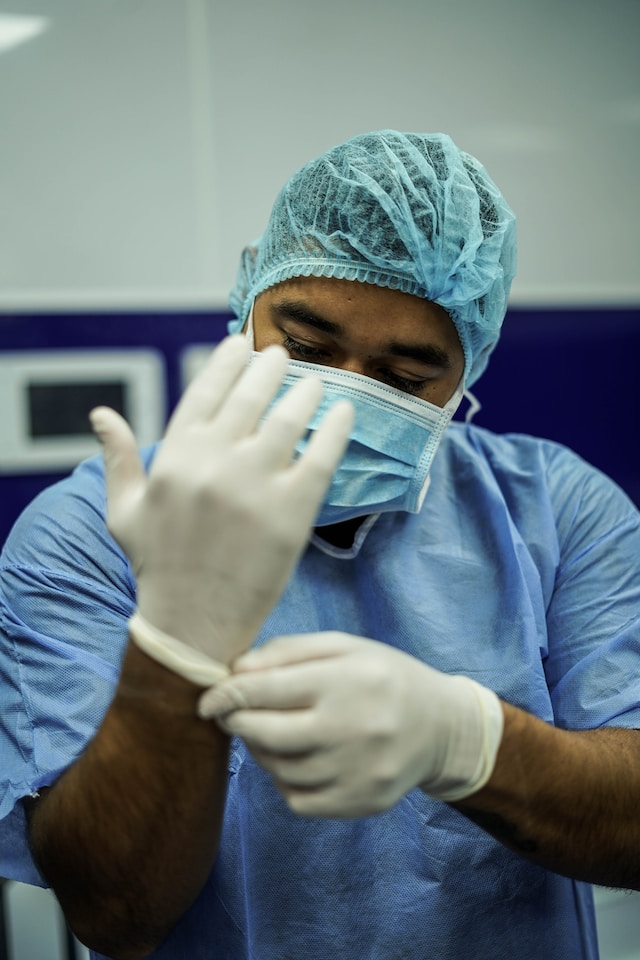Belize, outside of Belize City, lacks adequate medical facilities and its rural communities often struggle with a lack of practitioners, medicines, and basic necessities such as electricity and potable water.
Private healthcare in Belize plays a significant role. There are more than 50 for-profit clinics and four non-profit facilities located across the country; additionally, government institutions may assist private facilities for a fee when they lack equipment.
Healthcare in Belize: Services and Access
Belize provides healthcare through both public and private providers, available to all citizens and residents (including ex-pats with valid residency visas). The government of Belize oversees this sector; the Ministry of Health works towards improving public healthcare quality while making necessary reforms to the system.
Unfortunately, this task is difficult for the nation. Many hospitals and clinics are underfunded and understaffed, making it hard for patients to access adequate care. When dealing with serious illnesses or injuries it may be wiser to seek treatment in another country.
Therefore, many expats elect to purchase private insurance, which is relatively affordable in Belize and offers medical evacuation coverage as necessary. Belizean private facilities can be divided into for-profit and non-profit facilities; with non-profit hospitals such as La Loma Luz Hospital being particularly notable in providing excellent services at reasonable costs.
Karl Heusner Memorial Hospital in Belize City serves as national and regional referral hospital, while seven district hospitals can be found within each of Belize’s districts’ capitals. Some of these district hospitals also act as regional hospitals like Southern Regional Hospital Dangriga or Orange Walk Town and Belmopan Regional Hospitals – these additional regional hospitals can offer a more extensive range of services than their district counterparts.
Public hospitals employ most of the country’s physicians and nurses; yet due to a shortage of qualified healthcare professionals across the board, public hospitals can become overcrowded with long wait times to see a physician for even minor ailments – sometimes lasting days!
Public hospitals in Belize lack both doctors and funding to treat some conditions properly. While the Ministry of Health is trying to address this situation by implementing reforms and recruiting more medical personnel, potential ex-pats should still explore other treatment options when seeking healthcare there.
Quality and Affordability: Belize Healthcare
Belize’s public healthcare system is well-equipped for routine medical needs, providing low-cost access to doctors. Unfortunately, however, outside of Belize City the country’s economics do not allow for substantial investments in cutting-edge equipment and lack of specialists; many expats seeking more advanced treatment opt to travel instead to neighboring countries such as Mexico or Guatemala for care.
Public hospitals across Myanmar are relatively new and equipped with modern technology, though they lack some of the more complex devices found in developed nations. Still, these hospitals can accommodate most routine cases easily and are easily accessible for both locals and ex-pats alike.
The Ministry of Health is the entity charged with overseeing public healthcare in this country, acting as an oversight body over all aspects of medicine. They ensure access to affordable services and medicines; furthermore, they provide funding to various healthcare institutions across the nation with most being allocated in the capital city where Karl Heusner Memorial Hospital sits as its national/regional referral hospital.
Public healthcare systems often experience shortcomings in several areas, including shortages in equipment, personnel, and medicines. Aside from that, their lack of an integrated medical record system results in fragmented care wherein a patient may receive care from multiple providers without ever receiving an overall overview of their condition.
Belize’s private healthcare sector boasts comprehensive and consistent medical services. Private facilities available in Belize range from for-profit institutions to non-profit institutions with the latter often offering more compassionate environments. Furthermore, clinics can be found in most major cities.
Cost wise, visiting the doctor in Belize can cost as little as US$70 while blood testing or ultrasound costs typically fall around US$250; thus reducing medical care expenditure significantly when compared with North America; nonetheless, it remains expensive for most Belizeans.
Inside Belize’s Healthcare: Features & Challenges
Providing basic healthcare in Belize is relatively affordable to expats, while public hospitals also provide free or very low-cost healthcare to anyone – though in order to access public hospitals you must first present your BHIS card issued by the Ministry of Health to staff before any service is provided.
Belizean public health facilities may not be equipped to handle serious or complex medical conditions due to limited investments in cutting-edge medical equipment and specialists, due to limited economic support from the Belizean economy. If you require urgent medical attention, seeking assistance elsewhere, such as Mexico or the United States with more advanced healthcare systems would be prudent.
Belize boasts some excellent private hospitals that provide excellent healthcare at reasonable costs, such as La Loma Luz Hospital in Santa Elena near San Ignacio run by Seventh Day Adventist mission, as well as two facilities owned privately in Belize City such as highly respected Belize Medical Associates and Healthcare Partners facilities. Furthermore, several qualified government medical specialists moonlight at these private facilities to supplement their wages.
Belize wants to become an internationally recognized healthcare hub that attracts international patients, so recently has begun to promote it as a destination for medical tourism and create the Belize Medical Tourism Association in order to attract the necessary medical professionals and investors that could transform its healthcare sector.
A major challenge in healthcare in Nigeria lies with residents not experiencing continuity of care since their healthcare is provided by multiple providers in various locations. To address this issue, the country is working toward creating and implementing its Health Sector Strategic Plan – created jointly with World Health Organization. This plan provides a framework and viable solutions to enhance its healthcare system and strengthen it for residents across Nigeria.
Belize’s Healthcare: Facilities & Public Health
Belize’s public healthcare system is well-suited to meeting basic healthcare needs, and residents have free or very affordable access. Hospital stays typically start from around $15 a day while pharmacies in most cities and towns offer medications at prices comparable to what can be found in the U.S.
Some expats may travel to nearby countries like Mexico and the US in search of more advanced medical care; however, in countries whose economies don’t support such expenses, visiting your local doctor may be your only viable solution.
Belize boasts seven district hospitals, which serve each of the seven districts. Three also serve as regional hospitals. Of these hospitals, Karl Heusner Memorial Hospital in The City Of Belmopan stands out as being particularly prominent and has undergone various upgrades since opening nearly 30 years ago – these have included renovating physical facilities as well as expanding to four operating theaters and computerizing their patient database to quickly retrieve health records and prescription information 24/7 for returning patients.
Outside the KHMH, healthcare services are largely delivered at private clinics. There are currently over 50 for-profit clinics and four non-profit facilities across the country offering healthcare. These private clinics provide additional tertiary care services not available through government healthcare systems.
Private clinics offer not only quality healthcare but also notable for being customer service oriented. Their dedicated doctors care deeply for their patients and will offer their cellphone numbers or house calls free of charge. While their level of medical attention may not compare with that seen in developed nations such as the US or Western Europe, they provide an affordable alternative to costly treatments in Western nations.
There are, however, a few downsides to private healthcare in Belize. One is a chronic shortage of doctors and medical professionals in rural areas – leading to many foreign national healthcare providers being hired rather than qualified locals – while the Belizean economy lacks sufficient strength to sustain high-tech equipment or specialists.




